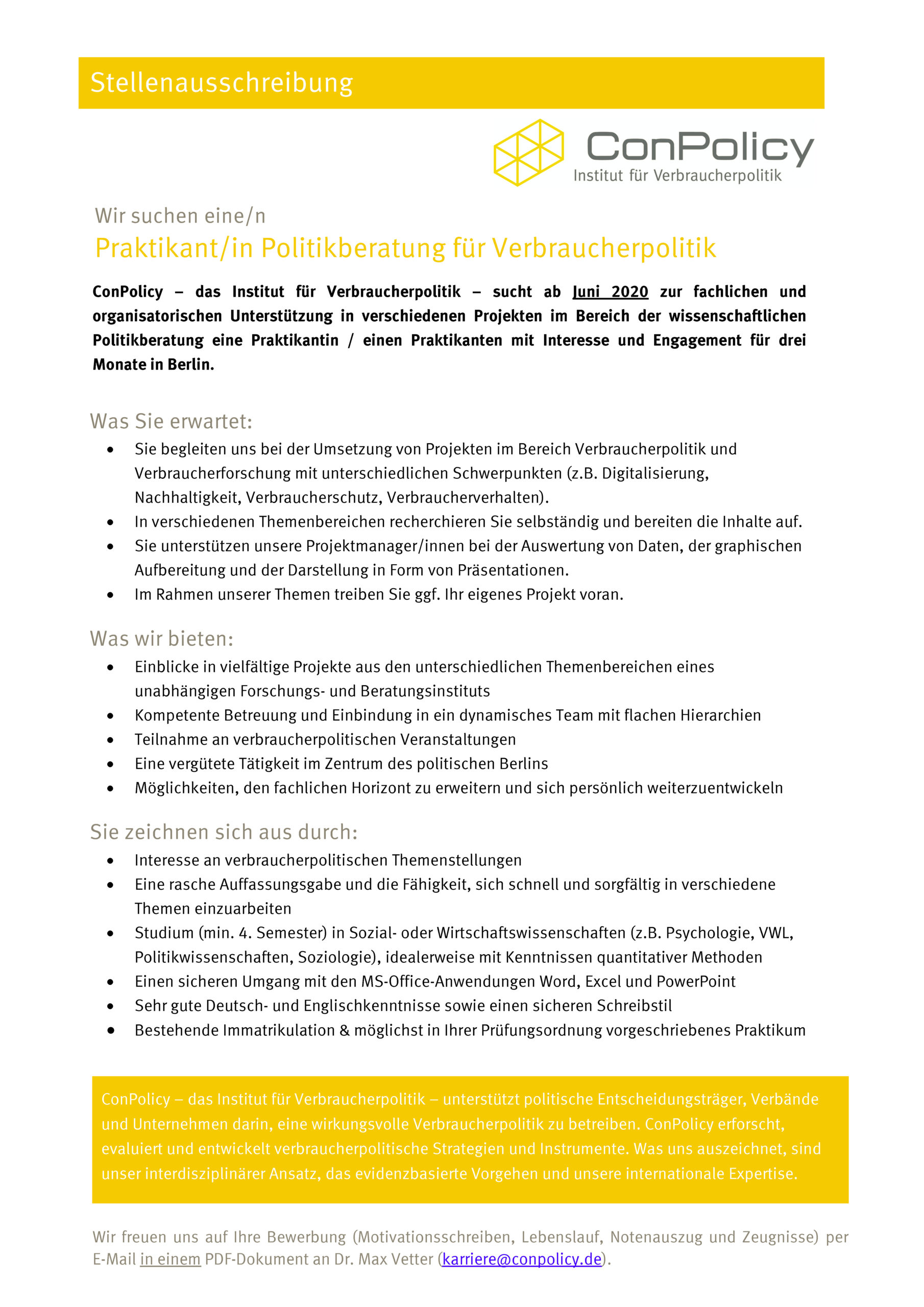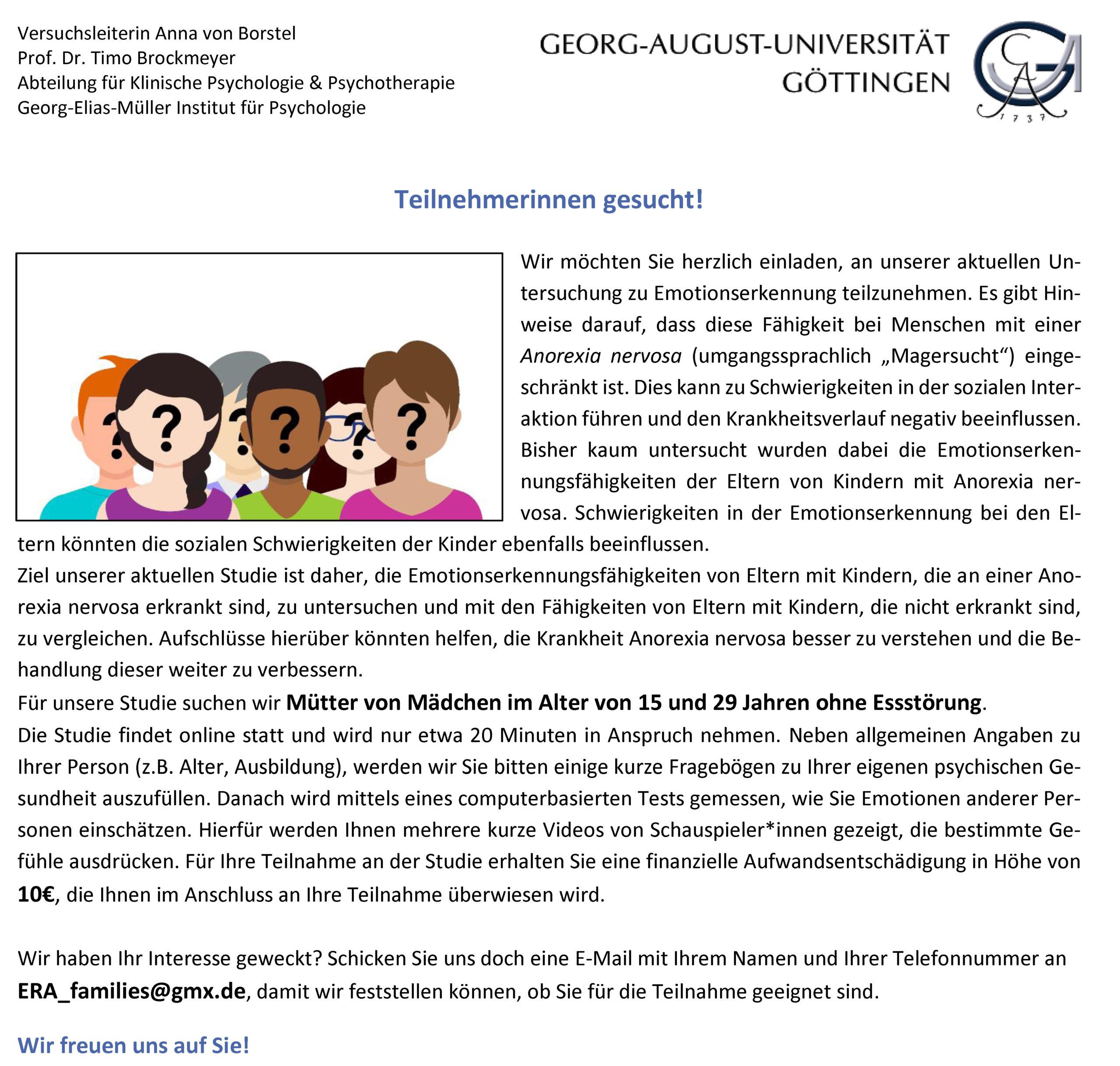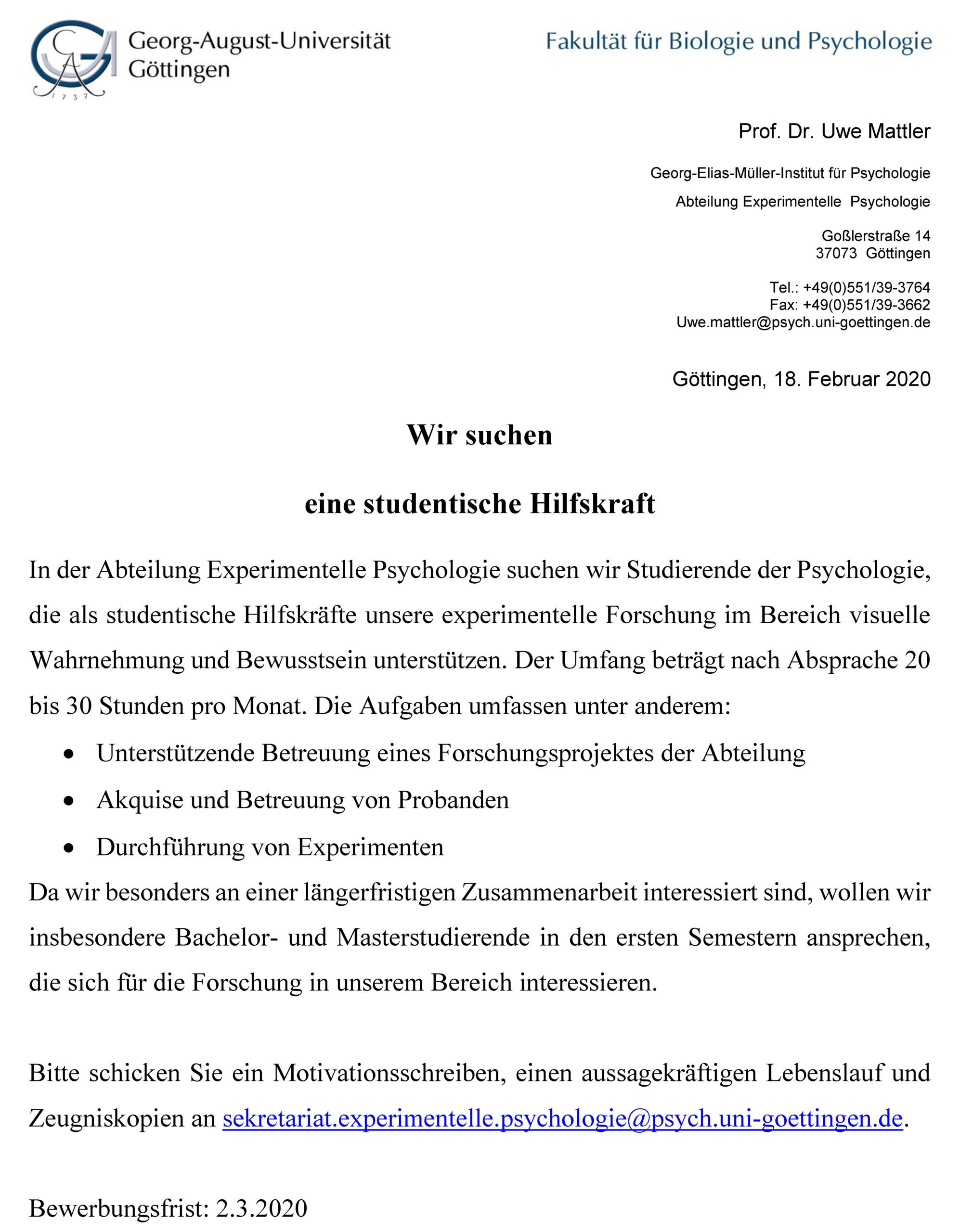Die Einsicht für die Klausuren zu den Modulen B.Psy.701, M.Psy.701 und M.Psy.703 findet am 16.03.2020 zwischen 9 und 11 Ihr im Büro von Frau Dr. Mira Preis (Klinische Abteilung, Raum 0.203) statt.
Monat: Februar 2020
Bachelor: Modul B.Psy.104 Klausureinsicht
Klausureinsicht B.Psy.104/Allgemeine Psychologie II
Die Klausur kann am 09.03.20 von 11 bis 12 Uhr im Büro von Fr. Bryant (4.114) eingesehen werden.
Werkstudent*in gesucht
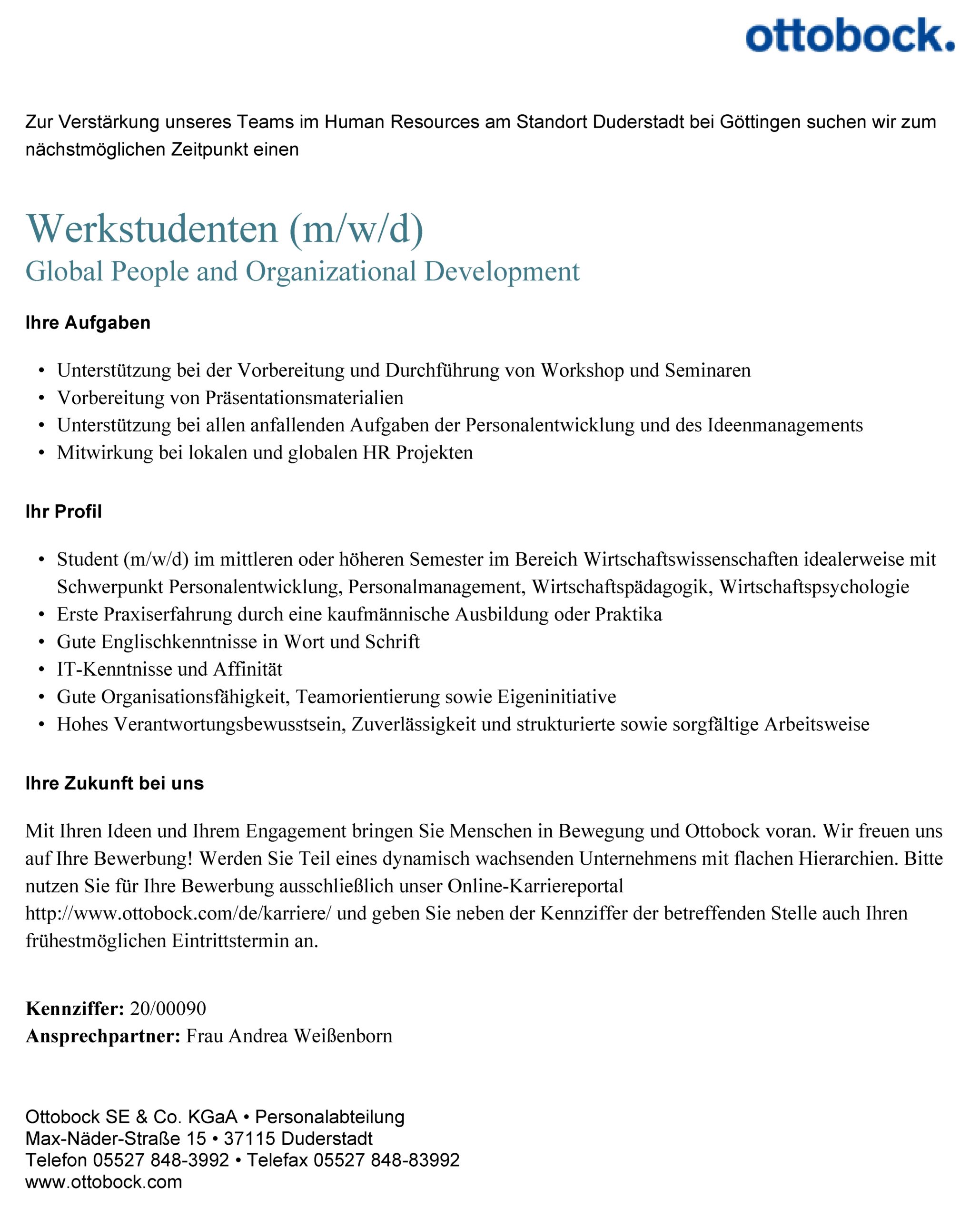
Einladung zum Informationsabend (ISTB)
Liebe Kolleg*innen,
Systemische Therapie ist seit 2008 wissenschaftlich anerkanntes Psychotherapieverfahren und zugelassen zur Ausbildung nach dem Psychotherapeutengesetz, die zur Approbation führt.
An unserem Institut bieten wir die staatlich anerkannte (Ki-Ju)-Psychotherapieausbildung im Vertiefungsgebiet Systemische Therapie an.
Hierfür laden wir Sie recht herzlich zu unserem nächsten Infoabend ein.
Wir informieren über unser Institut und unsere Ausbildungsgänge zur*zum Psychologischen Psychotherapeut*in sowie Kinder- und Jugendlichenpsychotherapeut*in.
Die Teilnahme ist kostenlos und unverbindlich. Eine vorherige Anmeldung ist nicht erforderlich.
Wann: 18.03.2020 von 19:00 – 20:30 Uhr
Wo: ISTB Therapie und Organisationsentwicklung GmbH
Jüterboger Str. 10A
10965 Berlin-Kreuzberg
Weitere Informationen finden Sie hier: PP KJP .
Für Rückfragen stehen wir gern zur Verfügung.
Mit freundlichen Grüßen
i.A. Kerstin Drath
Einladung zum Kolloquium – FÄLLT AUS!
Dear colleagues,
Prof. Dr. Nicola Clayton (Department of Psychology, University of Cambridge) will give a talk as a part of RTG 2070 colloquiums on Thursday, 5 March 2020 at 12.15 (Lecture Hall, German Primate Center, Kellnerweg 4). In the talk, Prof. Clayton will speak about “Ways of Thinking: From Crows to Children and Back Again” (see abstract below).
Best wishes,
Feride N. Haskaraca Kizilay
Title: Ways of Thinking: From Crows to Children and Back Again
Abstract: This article reviews some of the recent work on the remarkable cognitive capacities of food-caching corvids. The focus will be on their ability to think about other minds and other times, and tool-using tests of physical problem solving. Research on developmental cognition suggests that young children do not pass similar tests until they are at least four years of age in the case of the social cognition experiments, and eight years of age in the case of the tasks that tap into physical cognition. This developmental trajectory seems surprising. Intuitively, one might have thought that the social and planning tasks required more complex forms of cognitive process, namely Mental Time Travel and Theory of Mind. Future research will hope to identify these cognitive milestones by starting to develop tasks that might go some way towards understanding the mechanisms underlying these abilities in both children and corvids, to explore similarities and differences in their ways of thinking and how this might further our understanding of the evolution of cognition.
Reference: Clayton, N. S. (2014). EPS Mid Career Award Lecture. Ways of Thinking: From Crows to Children and Back Again. Quarterly Journal of Experimental Psychology, 68, 209-241.
Einladung zur Konferenz
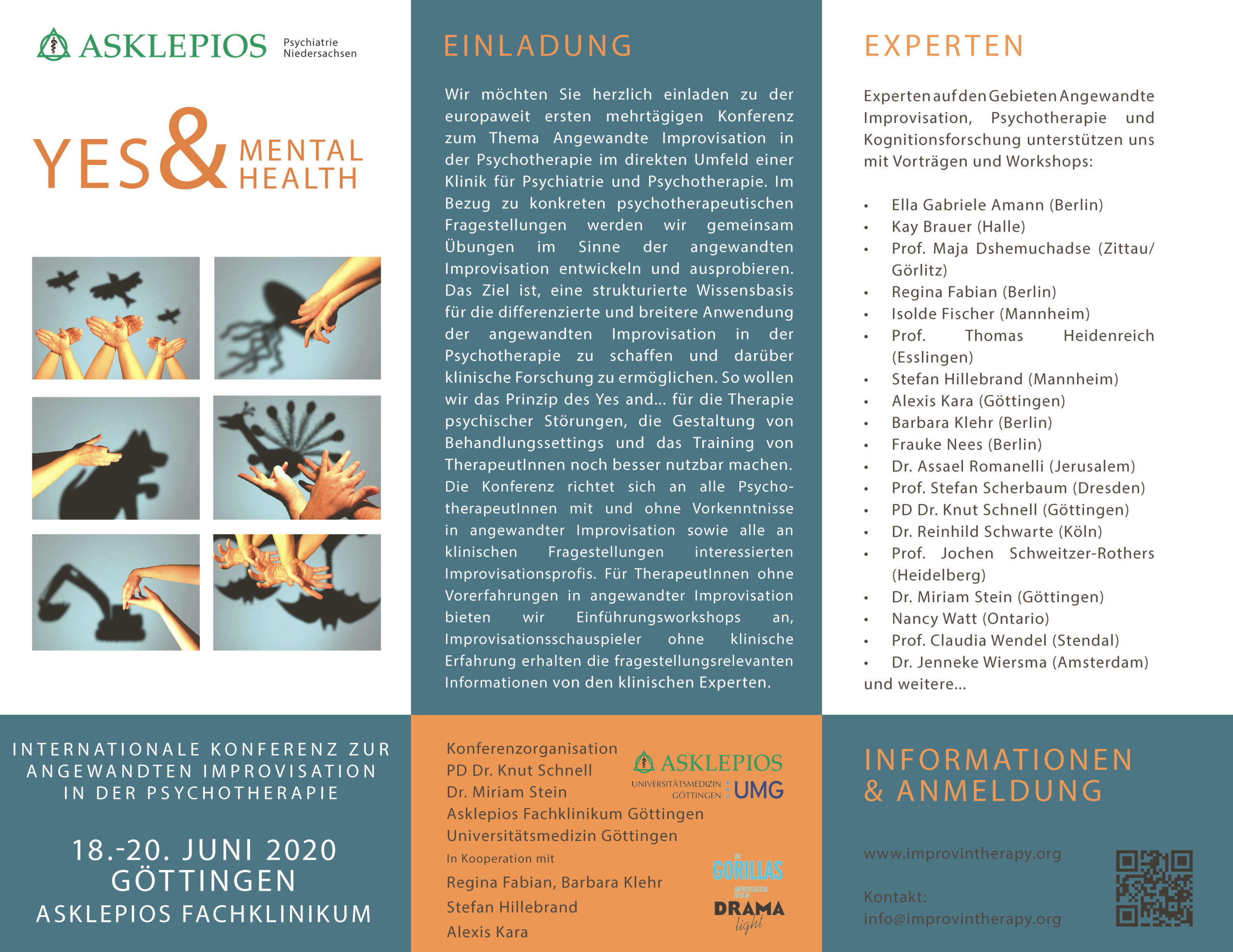
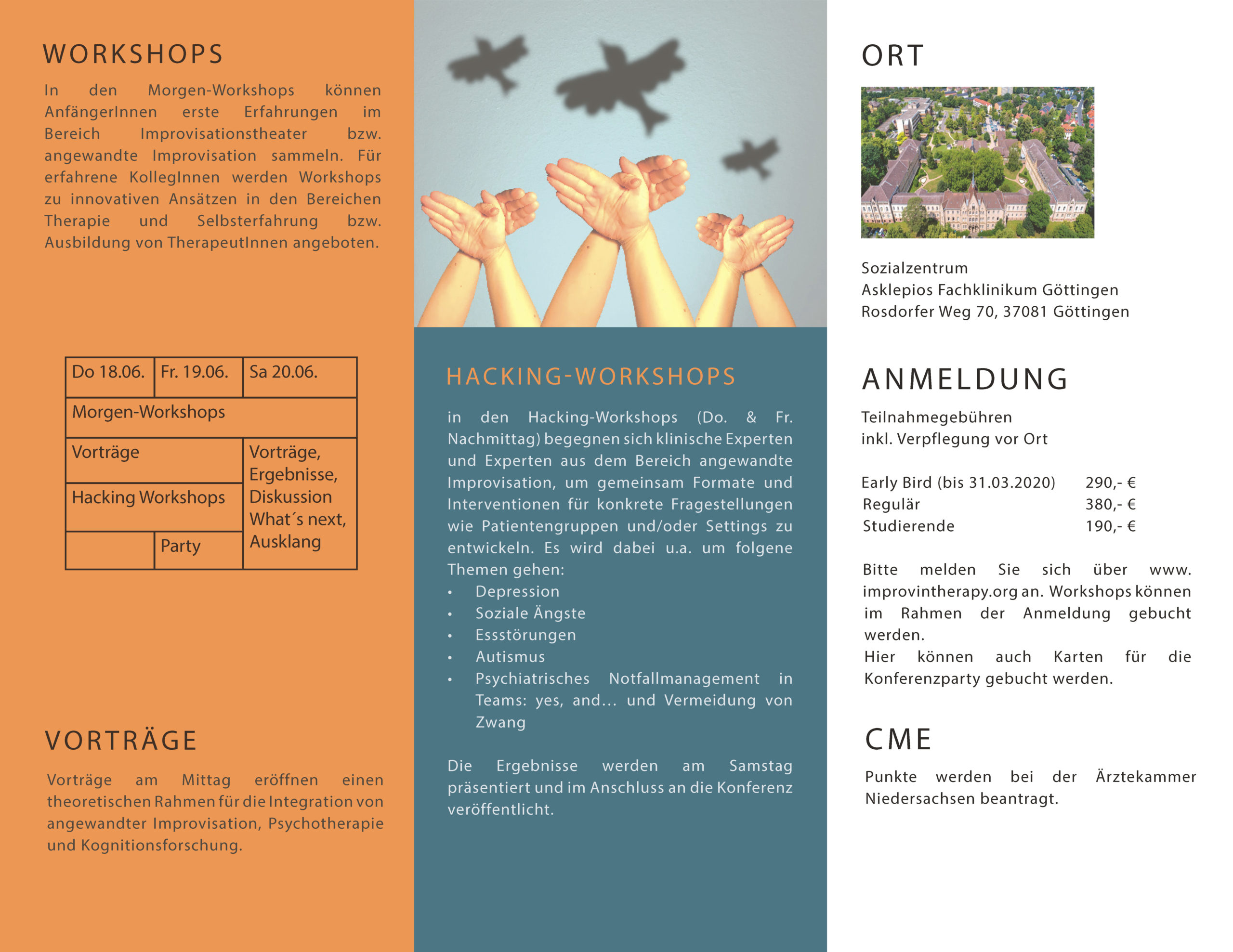
Bachelor: Modul B.Psy.1002
Das Modul B.Psy.1002 „Emotions- und Motivationspsychologie“ kann im Sommersemester 2020 aus Kapazitätsgründen leider nicht angeboten werden.
PraktikantIn gesucht
